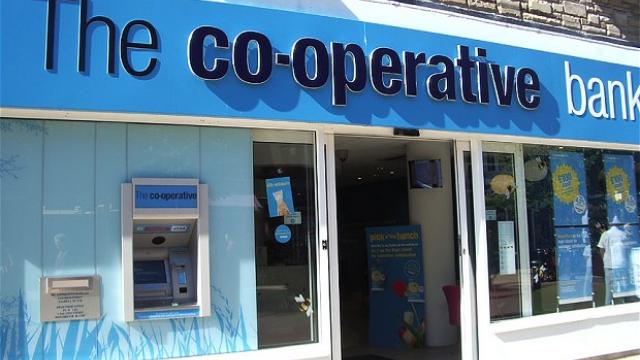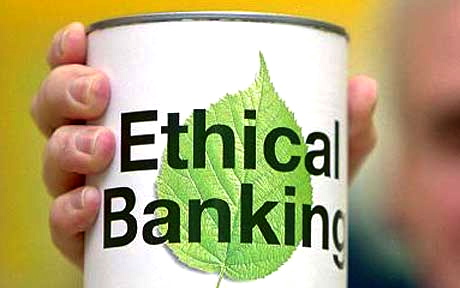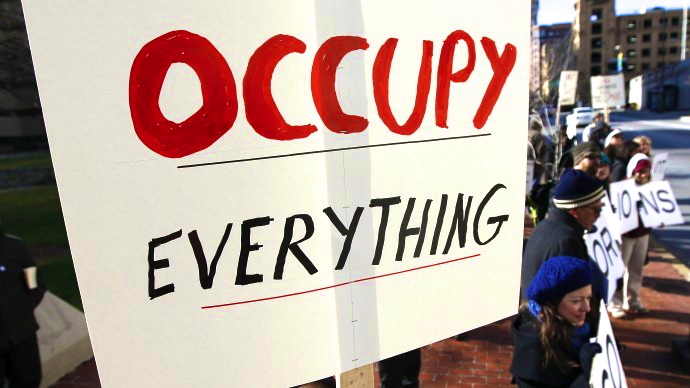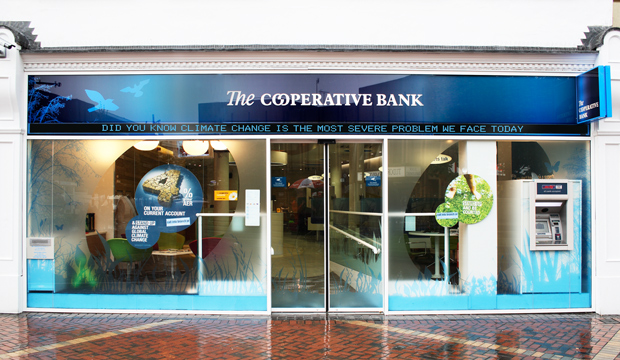
Roughly 30 million U.S. citizens lack a bank account or have limited access to financial services. Banking fees, minimum account balances and other prohibitive policies have cut off nearly 10 percent of the public from services that most Americans take for granted.
Changing the status quo is the goal of a new Occupy Wall Street project called the Occupy Money Cooperative, a collective banking enterprise that organizers claim could be “revolutionary” when it comes to extending financial services to populations that would otherwise be excluded.
“I think it’s pretty obvious that there is something extraordinarily wrong with the banking industry today. The current economic crisis was partly caused by incredibly irresponsible behavior of banks, which lent and then had to be bailed out by the rest of us,” said Carne Ross, founder and director of the Money Cooperative.
“That systemic risk has not been solved at all by legislation coming from Congress. At the same time, rather more secretly, a lot people are denied proper banking services. They are kept out of the economy and actually their full potential because banks exclude them.”
The foundations for the project were laid back in 2011, when a group of Occupy Wall Street activists met at Zuccotti Park and began discussing the idea because they were fed up with exclusionary banking in the U.S.
How does it work? The co-op is run by a small funding board that will oversee the rollout of the first product — a prepaid debit card that is backed by the Federal Deposit Insurance Corporation. For 99 cents per month, members can use the debit card and have a say in how the co-op is run. In the future, the membership will vote for board members in a democratic and participatory procedure.
It’s a significant development given the proliferation of prepaid debit cards that hit users with a variety of fees, with some charging consumers upwards of $2 just to check balances and withdraw money.
Many low-wage workers at large corporations like Walgreens, Taco Bell and Wal-Mart are given their paychecks on prepaid cards, and many other corporations large and small are expected to follow suit. The FDIC estimates that by 2014, roughly $60 billion in wages will be distributed to millions of workers annually using this method.
Corporations stand to save millions by shifting away from paper checks and direct deposit, but an increasing number of workers are feeling the pinch of fees. In some cases, employees are denied when they ask for a traditional payment method that doesn’t charge for the service.
The New York Times reports that Natalie Gunshannon, a 27-year-old McDonald’s worker, asked the owners of a franchise in Dallas, Pa., to deposit her pay directly into her checking account at a local credit union. Like most credit unions, Gunshannon’s bank didn’t charge a fee for its services.
Her request was reportedly denied, and she was forced to use a JPMorgan Chase payroll card that charges fees. Employees like Gunshannon believe the policy could constitute a form of wage theft. It’s a big deal for Gunshannon and others who make less than $10 per hour.
“I know I deserve to get fairly paid for my work,” she said to the Times.
Could Occupy present the panacea to banking headaches? It’s possible, but the proliferation of credit unions in recent years may render the initiative superfluous and unnecessary.
Credit Unions
Since the start of the Occupy movement in 2011, many Americans flocked to credit unions and local banks for a free, accountable banking option. Unlike Bank of America, Chase and the other big banks, credit unions are owned collectively by account holders and seldom charge fees for basic services.
It’s attracted millions of Americans in recent years. Citing a recent study by SNL Financial, Credit Union magazine reports that credit unions gained 676,583 members during the first fiscal quarter of 2013, boosting already robust gains during previous quarters.
The company lists total credit union membership in the U.S. at 95.7 million, up from 93.8 million one year ago. This represents a 2.11 percent increase.
Some of those who have closed their accounts and moved their money to credit unions have made a point of connecting their decision to a movement calling upon Americans to bank locally and independently. It’s an easy sell for American taxpayers who bailed out the banks to the tune of $700 billion in the wake of the 2008 financial crisis.
As of May 3, 2013, the Move Our Money campaign reports that thousands have reported moving more than $547 million out of big banks and into credit unions.
The State of Occupy
The heyday of the movement has come and gone, but long after the breakup of formal Occupy encampments in late 2011, a handful of dedicated activists carry forth their work in a variety of community projects.
The remnants of the original Occupy movement have made a noticeable transition from protest movement and whistleblower to financier and aid deliverer. Some see it as a betrayal of the original purpose of Occupy, which was to serve as an external agitation challenging financial and banking policies.
The influence shouldn’t be underestimated, as there are numerous ongoing projects across the U.S. — including defense of foreclosed homes, aid delivery to victims of Hurricane Sandy, and debt relief for Americans burdened with medical bills.
The work continues, but critics continue to put forth consistent gripes, namely that Occupy is a nebulous movement with no formal platform.
“People gain power by standing together,” said Bill Dobbs, an Occupy member, to The New York Times. “If we are doing scores of projects around the city, that’s important work, but the focus has to come back to the most powerful financial institutions.”
The protest movement that saw thousands take over the Brooklyn Bridge is moribund, but the work continues with the second annual Occupy National Gathering fast approaching. Activists are expected to gather in Kalamazoo, Mich., next month to continue planning and working.
3 WAYS TO SHOW YOUR SUPPORT
- Log in to post comments














